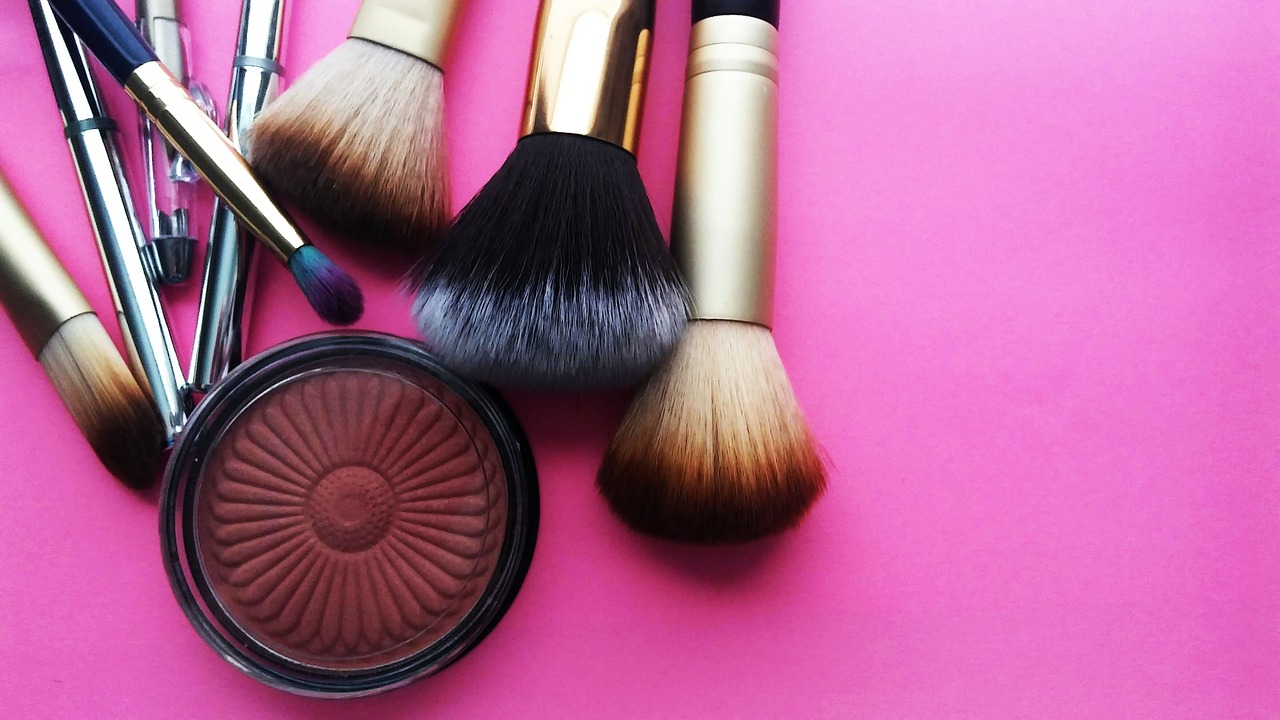
Life&Style Writer Zenna Hussain explores the toxic implications of the term ‘Pretty Privilege’ and the damaging effects it has for women
Recent years have seen a rise in awareness when it comes to privilege, with the general consensus being the most privileged in society is the straight, rich, white cis man. However, an often dismissed and hidden form of privilege is pretty privilege (also known as the beauty bias or beauty premium). Pretty privilege refers to the unspoken advantages that occur due to a person’s beauty in terms of social, romantic, academic, and even work life. Pretty refers here to Eurocentric ideals of beauty- white, slim, tall, and able-bodied, an option not available for many, without the use of skin- bleaching cream, and other extremities.
While people are more likely to own up to white or cis privilege, perhaps due to the ease of categorising yourself as either of these things, pretty privilege has only recently become known. The recent Tik-Tok trend of #pretty privilege does see an acceptance and a growing awareness. Yet there are those who still fervently deny pretty privilege, claiming beauty is a detriment. After all, being perceived as beautiful can feel like an exploitation of the male gaze, leading to catcalling, and even sexual assault. Some who benefit from pretty privilege wonder if they have their privileges, such as a job or grades, due to their own merits or just their looks. This is not even to mention how other women can perceive them, with the belief that they earned their jobs because of their looks or even through sexual favours. However, with every type of privilege, there are bound to be downsides. For example, when able-bodied people complain about the ‘need’ for excessive disabled parking, and this doesn’t discount the very real advantages associated.
“Being perceived as beautiful can feel like an exploitation of the male gaze
Women’s socially conditioning to not refer to themselves as pretty just creates an arena of silence and serves to downplay the problem. Pretty women will, rightfully, complain about objectification, the male gaze and the way their beauty undermines intelligence and contributions, but it is rare they acknowledge the advantages that beauty can give them. This serves to hide the problem and can lead to a feeling of gaslighting to those who do not benefit from pretty privilege and get treated much poorer than their otherwise equal counterpart.
Pretty privilege manifests itself in many different ways. Based solely on their looks, attractive people earn 3-4% more than their peers, attractive workers are seen as more capable, and women who wear glamorous make-up are seen as more competent and likeable than those without, being more likely to land and keep a job. One particularly horrifying study showed that women earning‘s tend to fall as their BMI went beyond 23. It is easy to say, ‘Fuck the Patriarchy’ when it comes to men catcalling you, or railing against sexist comments, but how many women would be willing to sacrifice their job or chances of promotions to be a ‘good feminist?’
“How many women would be willing to sacrifice their job or chances of promotions to be a ‘good feminist’?
Pretty privilege’s biggest problem is that it rationalises expectations to be beautiful and creates a necessity for women to be impeccably groomed to fit the male gaze at all times. The creation of a Eurocentric image means the time that could better be spent on work, or academics must be spent on appearances just to get further in the world. BIPOC women or trans women have to spend even longer straightening natural hair, having to buy expensive makeup or clothes as ones suited for white bodies are not universal. The difference between what is presentable for a white, cis woman can be vastly different than what is presentable for any woman who does not fit this ideal. Many women have admitted to being comforted by zoom calls with a lack of camera and the male gaze, as they can work without impeccable grooming, and just exist in their natural state.
“Pretty privilege’s biggest problem is that it rationalises expectations to be beautiful
However, as worrying as pretty privilege is, it is not inescapable. While we cannot discount the power of pretty privilege itself, the effects of it are equally important, as the resulting confidence means they are more likely to ask for higher wages, or better jobs, instead of just being handed it based on looks. A false façade of confidence can be translated into actual confidence, with a ‘fake it until you make it’ attitude. An awareness of pretty privilege is the first step to destabilise the bias we have of pretty people being deserving than others. The body positivity movement is also a huge step in minimising pretty privileges. It helps to see both your own and other bodies as ‘pretty’ and worthy of love, affection, and decency.
Read more from Life&Style:
Catfish and the Patriarchy: Why we Need to Stop Shaming Women
Comments